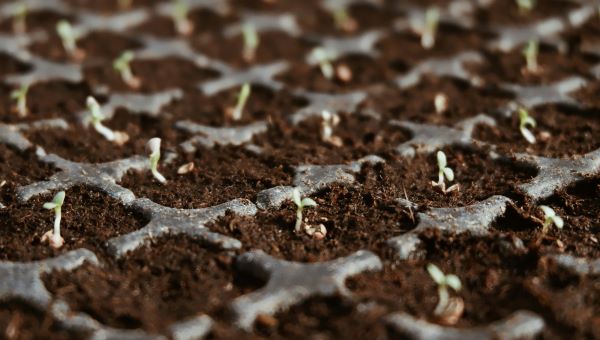


the vital role of Acetamiprid in modern agriculture and its impact on feeding the world.
Food security is having consistent access to enough nutritious food to sustain a healthy life. Achieving this involves increasing agricultural productivity, reducing food losses, and maintaining the health of crops. Pests, however, threaten to derail these efforts. Each year, insects destroy up to 40% of global crops, jeopardizing the food supply for millions.
Acetamiprid 20 SP insecticide has proven to be a game-changer in pest management. Targeting sap-sucking pests such as aphids, whiteflies, and thrips, it ensures that crops remain healthy and productive, safeguarding the food chain.
Acetamiprid 20 SP is particularly effective against various pests that attack vegetables, fruits, and flowers. Its systemic action allows it to penetrate plant tissues, eliminating pests on the surface and within the plant.
For example, Acedok 20—Acetamiprid 20% SP offers farmers a reliable solution for integrated pest management. It ensures long-lasting protection and minimal environmental impact, making it a trusted tool in farming communities worldwide.
Pests are a leading cause of crop losses globally, with an economic impact estimated at $220 billion annually. Acetamiprid 20 SP reduces these losses by controlling pests before they cause irreversible damage. For instance, whiteflies can decimate a crop within weeks if left unchecked, but Acetamiprid’s quick action prevents such disasters.
In a study conducted in Southeast Asia, the application of Acetamiprid to vegetable crops resulted in a 30% increase in marketable yields. This improvement directly translates into more food for local and global markets.
“The future of food lies in protecting what we grow today while innovating for tomorrow.”
Modern agriculture requires balancing productivity with environmental conservation. Acetamiprid 20 SP plays a crucial role in sustainable farming by:
These attributes make Acetamiprid a vital tool in achieving the dual goals of food security and environmental health.
Beyond protecting crops from pests, Acetamiprid improves their overall quality. Fruits and vegetables treated with this insecticide are often more extensive, colorful, and free from pest-induced deformities. This satisfies consumer demands and boosts farmers’ incomes, enabling reinvestment in agricultural development.
In sub-Saharan Africa, where small-scale farmers face significant challenges from aphids and thrips, introducing Acetamiprid 20 SP has been transformative. Farmers reported a 40% reduction in pest-related losses in tomato and pepper crops, resulting in better food availability for local communities.
In Brazil, citrus farmers struggled with mealybug infestations that reduced fruit quality and export potential. Acetamiprid’s systemic properties effectively eradicated the pests, restoring orchards to health and ensuring consistent fruit production.
For flower growers in the Netherlands, thrips constantly threatened high-value roses and chrysanthemums. Acetamiprid 20% provided reliable protection, allowing growers to maintain their blooms’ aesthetic and commercial appeal.
The role of Acetamiprid in global food security is poised to grow as agriculture evolves. Technological advances have made formulations like Acetamiprid 20 SP more targeted, efficient, and environmentally friendly. This aligns with the global push for sustainable farming practices that feed a growing population without compromising the planet’s health.
Acetamiprid is more than just an insecticide; it symbolizes resilience and progress in agriculture. Protecting crops and enhancing yields contributes to a world where food is abundant and accessible for all. Its story is one of innovation, underscoring science’s importance in overcoming food security challenges.
As farmers adopt integrated pest management strategies, Acetamiprid will remain a cornerstone in nourishing a hungry world. It is a testament to the power of small solutions in addressing global challenges, ensuring that the fields of today can sustain the generations of tomorrow.
